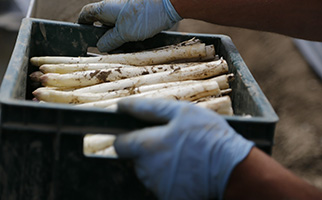
Immigrant survivors of domestic and sexual violence face extra barriers to getting help. These include language and cultural barriers, misinformation about their rights, and difficulty in navigating complex systems (housing, benefits, health care, immigration, etc.).
Understanding a survivor’s culture can help the survivor meet their need for safety and stability. That is why it is critical for organizations to hire and support bilingual/bi-cultural advocates. These steps can help your organization reduce the barriers that immigrants face in accessing services.
If you are an immigrant survivor:
- Northwest Immigrant Rights Project offers direct legal representation on immigration issues.
- Northwest Justice Project offers non-criminal (civil) legal representation to low income survivors.
- The Washington State Department of Social and Health Services offers limited food, cash, and medical benefits for immigrant survivors and their children.
If your organization wants to better serve immigrant survivors:
- Crossing Borders: Critical Thinking and Best Practices gives different perspectives on how you can provide advocacy for immigrant survivors.
- Inside-Out: Strengthening Advocacy and Services for Refugee, Immigrant, and Limited English Proficient Survivors is a planning tool for your organization to take practical steps to strengthening advocacy for immigrant survivors.
- Take our online training course Advocacy for Language Access.
Hiring and supporting bilingual/bi-cultural advocates:
- Alianzas de Apoyo is a short documentary about how advocates organize and provide advocacy in their communities.
- Revisit the Inside-Out planning tool and assess whether your organization’s infrastructure supports bilingual/bi-cultural advocates.